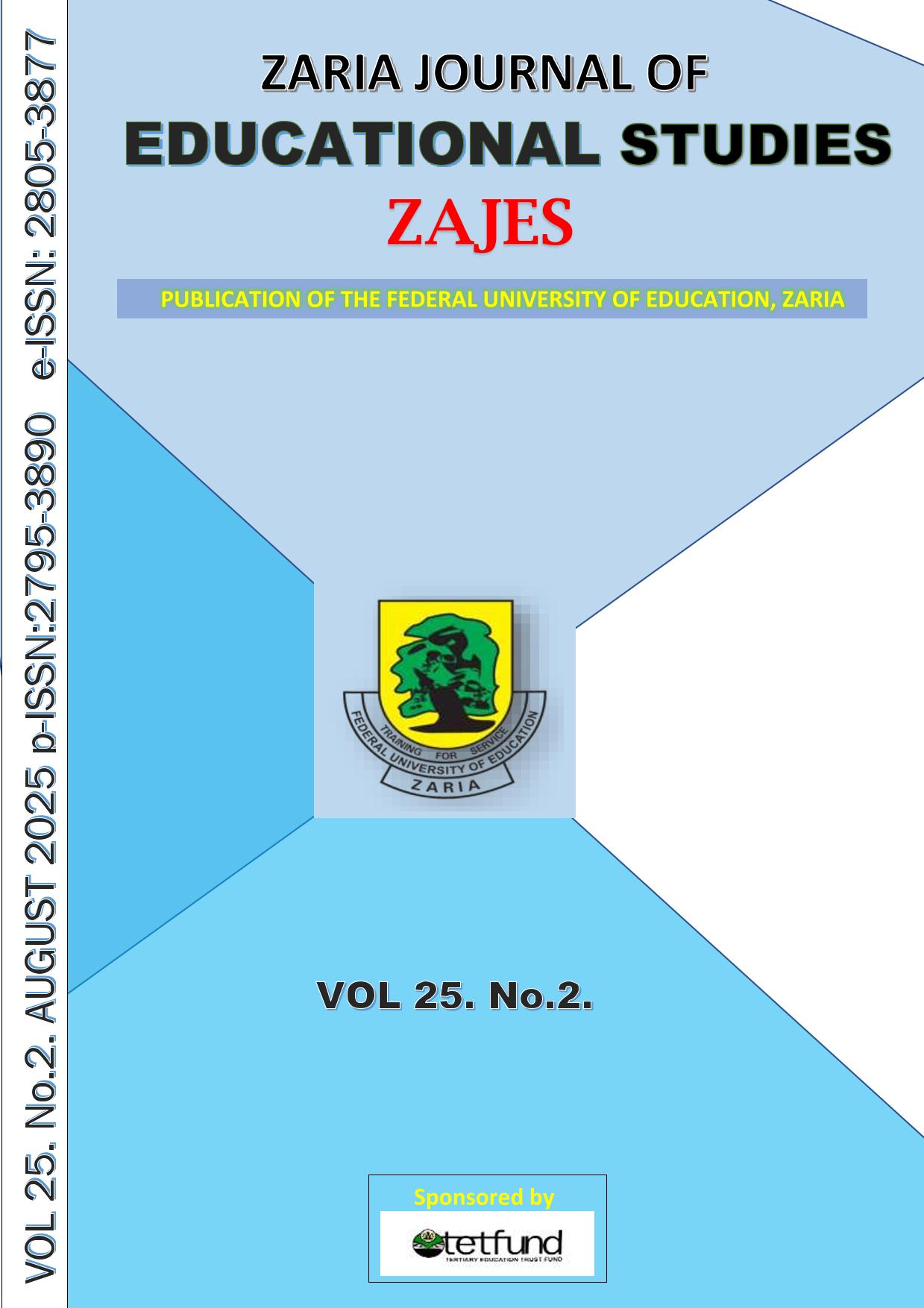CRITICAL DISCOURSE ANALYSIS OF SELECTED WEST AFRICAN SENIOR SCHOOL CERTIFICATE EXAMINATIONS (WASSCE) SUMMARY PASSAGES (2020-2024)
Keywords:
Critical discourse analysis, Ideological construct, Standardized examinationsAbstract
This research investigated how language in standardized examination texts contributes to ideological formation and social conditioning in educational contexts. The study critically examined the ideological and discursive patterns embedded in West African Senior Secondary Certificate Examinations (WASSCE) English Language summary passages administered between 2020 and 2024. Guided by the frameworks of Critical Discourse Analysis (CDA), Fairclough’s three-dimensional model, van Dijk’s socio-cognitive theory, and Halliday’s Systemic Functional Linguistics (SFL), the research analysed how language within these high-stakes texts constructed power relations, social roles, and normative expectations. Five summary passages were purposively selected and subjected to multi-level textual, discursive, and social-practice analysis. Findings revealed that WASSCE passages, though framed as neutral tools for language assessment, operated as ideological instruments that promoted conformity, institutional authority, and dominant socio-cultural values. Institutional actors were consistently portrayed as moral or technical authorities, while groups such as youth, farmers, and male students were constructed as passive, deviant, or deficient. Recurring themes—urban alienation, governance, youth crime, personal health responsibility, and gender imbalance—were found to align closely with state narratives. Modality choices such as “must,” “should,” and “may result in” were strategically used to impose moral evaluation and behavioural expectations. The study concluded that WASSCE summary passages played a subtle but powerful role in shaping conceptions of ideal citizenship, reinforcing normative social hierarchies through discourse. It recommended the adoption of more balanced and inclusive texts, and pedagogical approaches that cultivate students’ critical reading skills.

